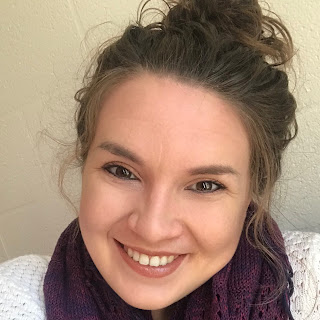Mental Health in Community
What a relief it was when I finally accepted that we do not have to go through the struggles of mental health alone.
How disheartening it was to put hundreds of dollars into therapists who weren’t the right fit and medications that didn’t work. It does not escape me that I had the privilege of being able to have insurance, and to afford what insurance wouldn’t cover (which is a lot).
Yet even with all of these exhausting, disheartening, and downright frustrating aspects of the journey, it was still an immense relief to know I did not have to do this alone. It was worth it to reach out to professors, who were more often than not willing to extend grace (and sometimes deadlines). It has been reassuring for me (Laurel) to find a friend like Jesse who understands what it is to navigate the bumps of this road.
We hope mental health care and counseling will be easily and equitably accessible for all people. We hope that we will overcome the stigma and discrimination surrounding mental health. But until that day comes, we hope that Wesley will act as a prophetic witness and meet the mental, emotional, and spiritual needs of this community.
But how exhausting it was when I realized that “getting help” did not mean that resources would fall into my lap. Getting help meant doing a significant amount of research, including but certainly not limited to utilizing the resources on Wesley’s website, the Psychology Today website, and endless Google searches. Getting help meant taking risks and being vulnerable with complete strangers.
How disheartening it was to put hundreds of dollars into therapists who weren’t the right fit and medications that didn’t work. It does not escape me that I had the privilege of being able to have insurance, and to afford what insurance wouldn’t cover (which is a lot).
Yet even with all of these exhausting, disheartening, and downright frustrating aspects of the journey, it was still an immense relief to know I did not have to do this alone. It was worth it to reach out to professors, who were more often than not willing to extend grace (and sometimes deadlines). It has been reassuring for me (Laurel) to find a friend like Jesse who understands what it is to navigate the bumps of this road.
We can’t help but wonder what it might look like if mental health resources and support were more than just a webpage and a brief session at orientation. We wonder what would happen if the careful, caring work of Reverend Lisa Banks-Williams were celebrated to a greater extent. We believe that if we invested more time and resources in the mental and spiritual wellbeing of our students through a full-time staff person committed to pastoral care and counseling, this would improve the wellbeing of the whole Wesley community. We need both a Chaplain and a Chapel Elder to meet our spiritual needs.
 |
| Photo via Laurel Capesius |
I (Jesse) was lucky that Laurel was already here at Wesley when I arrived. Many incoming students won’t immediately connect with a friend that walks with them (and their emotional support dog) along the journey toward wellbeing. Seminary is challenging – we juggle jobs and internships, classes and homework, worship and spiritual disciplines, commutes, and spending meaningful time with loved ones. It does not come as a surprise that many seminarians struggle to find time to nurture themselves, not to mention making time for therapy, pastoral care, or psychiatric services. There remains a stigma around these resources, and yet these things can be a means of grace for so many, especially those in ministry.
We hope mental health care and counseling will be easily and equitably accessible for all people. We hope that we will overcome the stigma and discrimination surrounding mental health. But until that day comes, we hope that Wesley will act as a prophetic witness and meet the mental, emotional, and spiritual needs of this community.
 |
| Laurel Capesius is a seminarian at Wesley. |
 |
| Jesse St. Clair is a seminarian at Wesley. Lucy is everyone's favorite support dog. |



Comments
Post a Comment